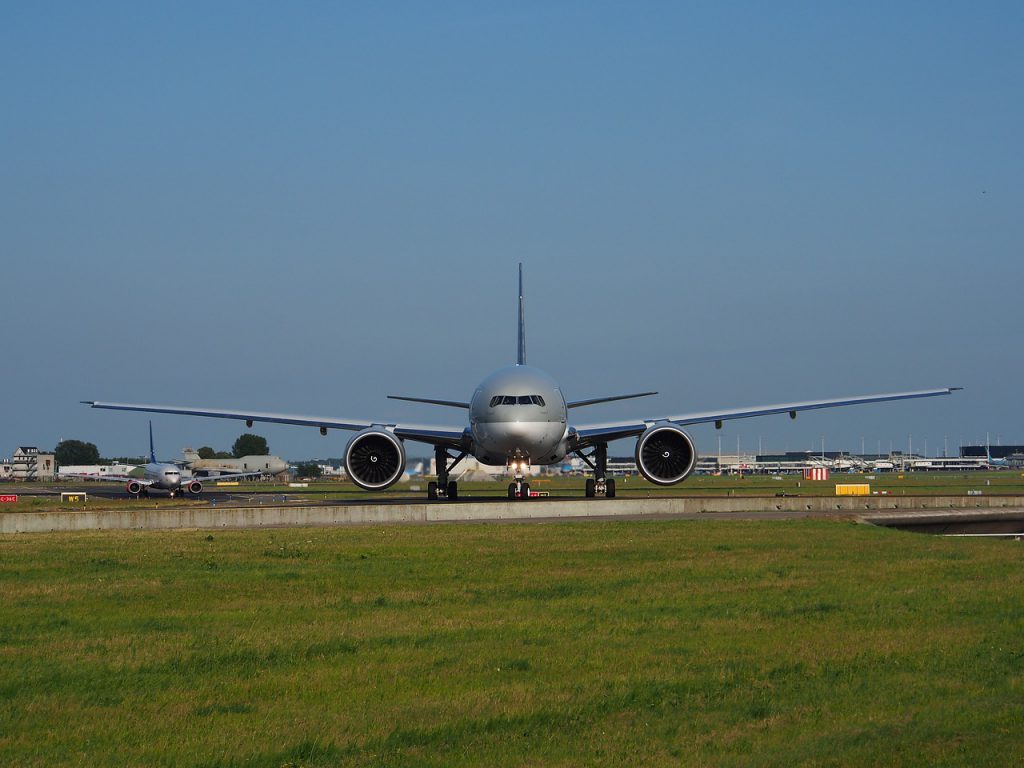In recent times, the Nigerian aviation industry has been grappling with a concerning issue: fuel contamination incidents. These incidents, involving the presence of impurities in aviation fuel, have raised significant safety concerns and prompted the Nigerian authorities to issue warnings to airlines. With passenger safety and operational integrity at stake, it is imperative for all stakeholders to understand the gravity of fuel contamination and work collaboratively to ensure the skies remain safe for travel. In this article, we will delve into the rising issue of fuel contamination in Nigeria’s aviation sector, its potential consequences, and the actions being taken to address the problem.
The Menace of Fuel Contamination
An Overview Fuel contamination refers to the introduction of unwanted substances, such as water, sediment, or even microbes, into aviation fuel. This can occur at various stages of the fuel supply chain, from storage tanks to transportation pipelines, and eventually into aircraft fuel tanks. Contaminated fuel poses a serious risk to flight safety as it can lead to engine malfunctions, loss of power, and potentially catastrophic accidents. In Nigeria, this issue has gained significant attention due to a series of recent incidents.
Recent Incidents
A Wake-Up Call for the Industry Several high-profile fuel contamination incidents have alarmed the Nigerian aviation industry and travelers alike. In these cases, flights were either delayed or aborted due to engines failing to start properly, or mid-flight engine issues. Such incidents not only disrupt schedules but also put the lives of passengers and crew members at risk. The recurrent nature of these incidents has prompted aviation authorities to take swift action to address the root causes.
Identifying the Culprits
Causes of Fuel Contamination Fuel contamination can arise from a variety of sources, including poor fuel storage practices, inadequate maintenance of fuel tanks, and the lack of proper quality control mechanisms. Water and sediment, if present in the fuel, can lead to engine clogs and corrosion, while microbial growth can further degrade fuel quality. Addressing these issues requires a comprehensive understanding of the supply chain and a commitment to enforcing stringent quality standards.
Potential Consequences
Safety and Reputation at Stake The consequences of fuel contamination incidents extend beyond immediate flight disruptions. Airlines risk damage to their reputation and passenger trust, which can have long-lasting effects on their business. Moreover, the safety of passengers and crew is paramount, and compromised fuel quality directly undermines this core principle of aviation. The aviation industry as a whole cannot afford to overlook the importance of consistent and rigorous quality checks.
Collaborative Solutions
Authorities and Airlines Unite Recognizing the urgency of the situation, Nigerian aviation authorities have taken proactive measures to combat fuel contamination. They have mandated stricter quality control checks at all stages of the fuel supply chain, from refineries to airports. Additionally, airlines are being encouraged to invest in proper maintenance of their fuel storage and distribution systems. Collaborative efforts between authorities, airlines, and fuel suppliers are crucial to effectively tackle this issue and prevent future incidents.
Investing in Prevention
Training and Technology Preventing fuel contamination requires a combination of proper training for personnel involved in fuel handling and the implementation of cutting-edge technology. Advanced filtration systems and water detection sensors can significantly reduce the chances of contaminants entering the fuel stream. By staying updated with the latest industry practices, Nigerian aviation can establish itself as a safe and reliable player in the global market.
Ensuring a Safer Future of Air Travel
As the Nigerian aviation sector continues to grow, it must prioritize safety and quality. Fuel contamination incidents serve as a stark reminder that complacency can have dire consequences. By heeding the warnings issued by aviation authorities and investing in robust preventive measures, airlines can not only protect their business interests but also safeguard the lives of those who trust them for safe travel. A collective commitment to excellence will pave the way for a safer and more prosperous future for air travel in Nigeria.
Conclusion
Fuel contamination incidents are a serious threat to the integrity of Nigeria’s aviation industry. The recent spate of incidents underscores the urgent need for proactive measures to ensure the safety of passengers, crew, and aircraft. By understanding the causes, consequences, and collaborative solutions, the industry can overcome this challenge and strengthen its reputation for safe and reliable air travel. Through the joint efforts of authorities, airlines, and other stakeholders, Nigeria’s aviation sector can rise above these challenges and set a new standard for aviation safety in the region.

